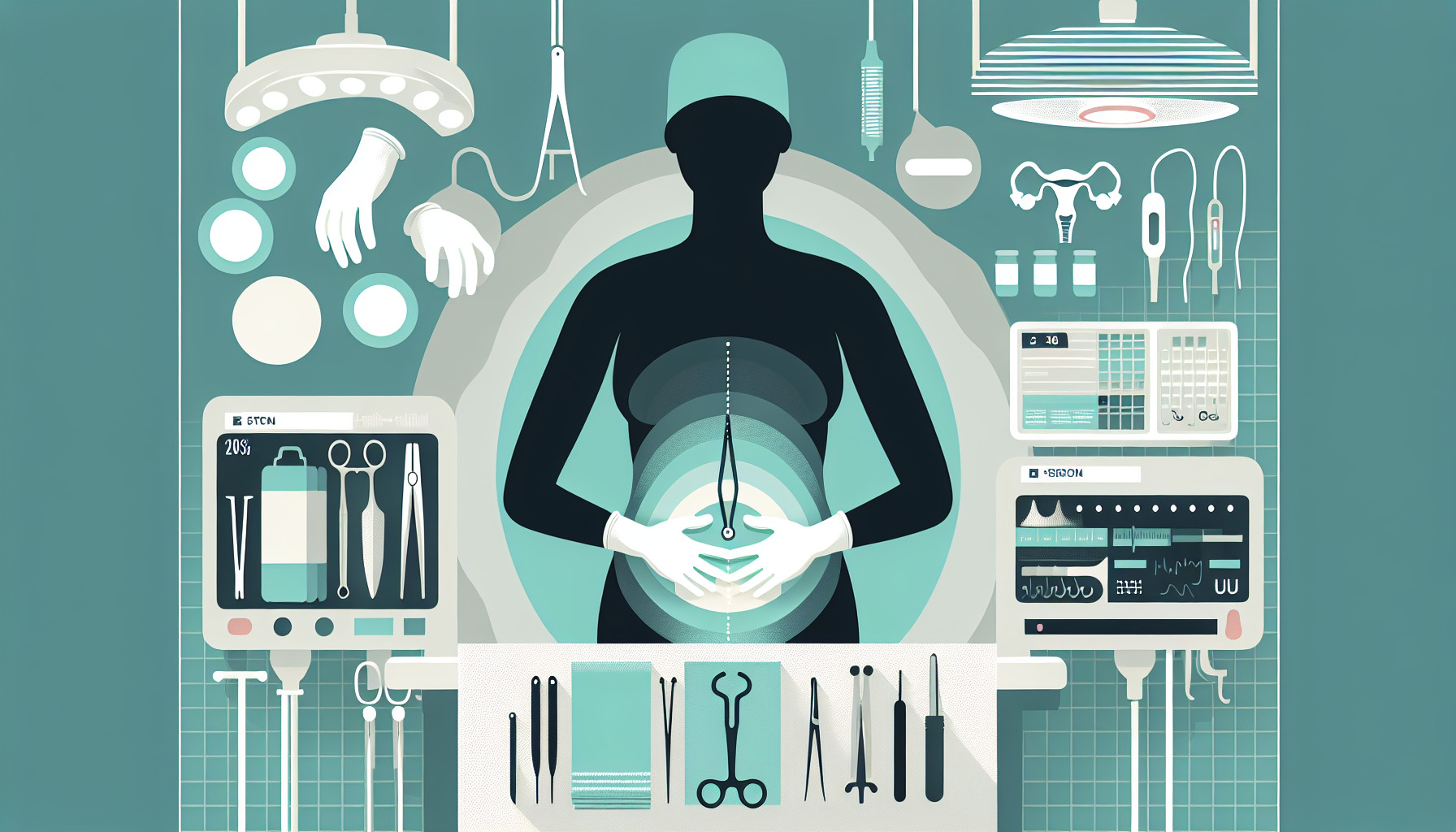Our Summary
This research paper discusses the safety, quality, and cost concerns of hysterectomies, a common gynecological surgery. The US Food and Drug Administration has discouraged the use of a device called an electronic power morcellator in minimally invasive hysterectomies due to the risk of a type of cancer called leiomyosarcoma. Despite these concerns and higher costs, the use of minimally invasive hysterectomies has increased significantly, even though there isn’t enough data supporting its benefits over other types of hysterectomies. The paper also mentions that current health care reform is encouraging health providers to improve quality and safety while reducing costs by using standard measures of outcomes and processes.
FAQs
- Why has the US Food and Drug Administration discouraged the use of electronic power morcellator in minimally invasive hysterectomies?
- Why have minimally invasive hysterectomies increased despite lack of data supporting their use over other forms of hysterectomy?
- How is health care reform affecting the practice of hysterectomies?
Doctor’s Tip
One helpful tip a doctor might tell a patient about hysterectomy is to ask about all available options and discuss the potential risks and benefits of each approach with their healthcare provider. It is important for patients to be well-informed and actively involved in the decision-making process when considering a hysterectomy. Additionally, patients should follow their doctor’s post-operative instructions carefully to ensure a successful recovery.
Suitable For
Patients who are typically recommended hysterectomy include those with:
Fibroids: Hysterectomy may be recommended for women with large or symptomatic fibroids that are causing significant pain, bleeding, or other symptoms.
Endometriosis: Hysterectomy may be recommended for women with severe endometriosis that has not responded to other treatments.
Uterine prolapse: Hysterectomy may be recommended for women with severe uterine prolapse that is causing discomfort or other symptoms.
Gynecologic cancers: Hysterectomy may be recommended for women with certain types of gynecologic cancers, such as endometrial or cervical cancer.
Chronic pelvic pain: Hysterectomy may be recommended for women with chronic pelvic pain that has not responded to other treatments.
Adenomyosis: Hysterectomy may be recommended for women with severe adenomyosis that is causing pain or other symptoms.
It is important for patients to discuss their individual situation with their healthcare provider to determine if hysterectomy is the best treatment option for them.
Timeline
Before hysterectomy:
- Patient consults with gynecologist to discuss symptoms and treatment options.
- Patient undergoes various tests and evaluations to determine the need for hysterectomy.
- Patient receives counseling on the risks and benefits of hysterectomy and alternative treatments.
- Patient schedules surgery date and prepares for the procedure.
After hysterectomy:
- Patient stays in the hospital for a few days to recover from surgery.
- Patient may experience pain, discomfort, and fatigue during the initial recovery period.
- Patient may need to take pain medication and follow post-operative instructions for wound care.
- Patient attends follow-up appointments with the surgeon to monitor healing and address any concerns.
- Patient may experience changes in their physical and emotional well-being as they adjust to life without a uterus.
What to Ask Your Doctor
- What are the different types of hysterectomy procedures available and which one is most suitable for me?
- What are the potential risks and complications associated with hysterectomy?
- How long will the recovery period be and what can I expect during this time?
- What are the alternatives to hysterectomy and why is hysterectomy recommended in my case?
- Will I still be able to have children after undergoing a hysterectomy?
- How will a hysterectomy affect my hormone levels and menopausal symptoms?
- What kind of follow-up care will I need after the procedure?
- Are there any lifestyle changes or restrictions I should be aware of post-hysterectomy?
- How will my pelvic floor function be affected by a hysterectomy?
- Are there any long-term effects of hysterectomy that I should be aware of?
Reference
Authors: Barker MA. Journal: Obstet Gynecol Clin North Am. 2016 Sep;43(3):591-601. doi: 10.1016/j.ogc.2016.04.012. PMID: 27521886
